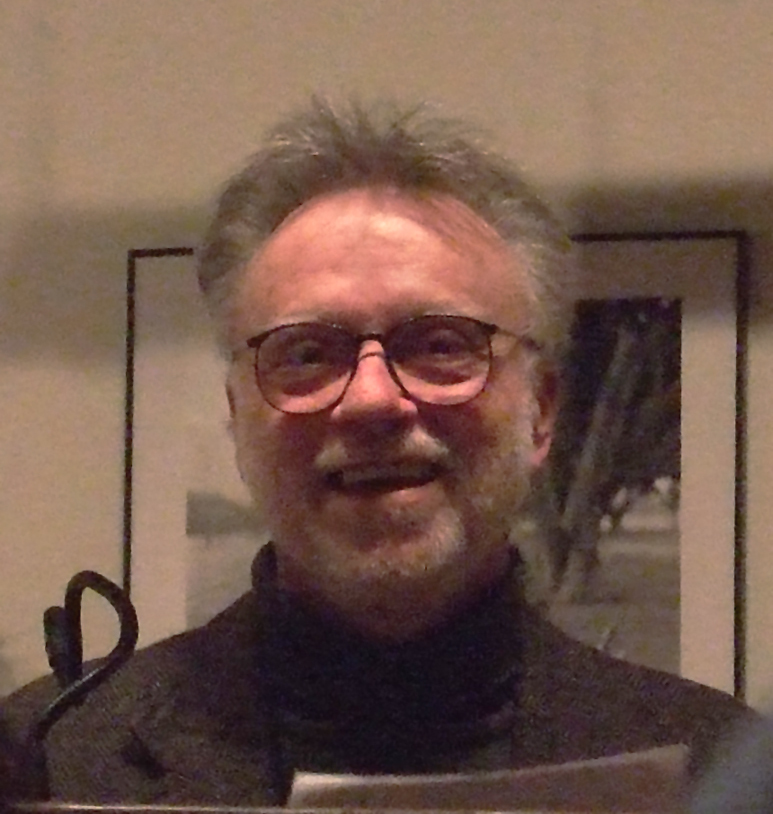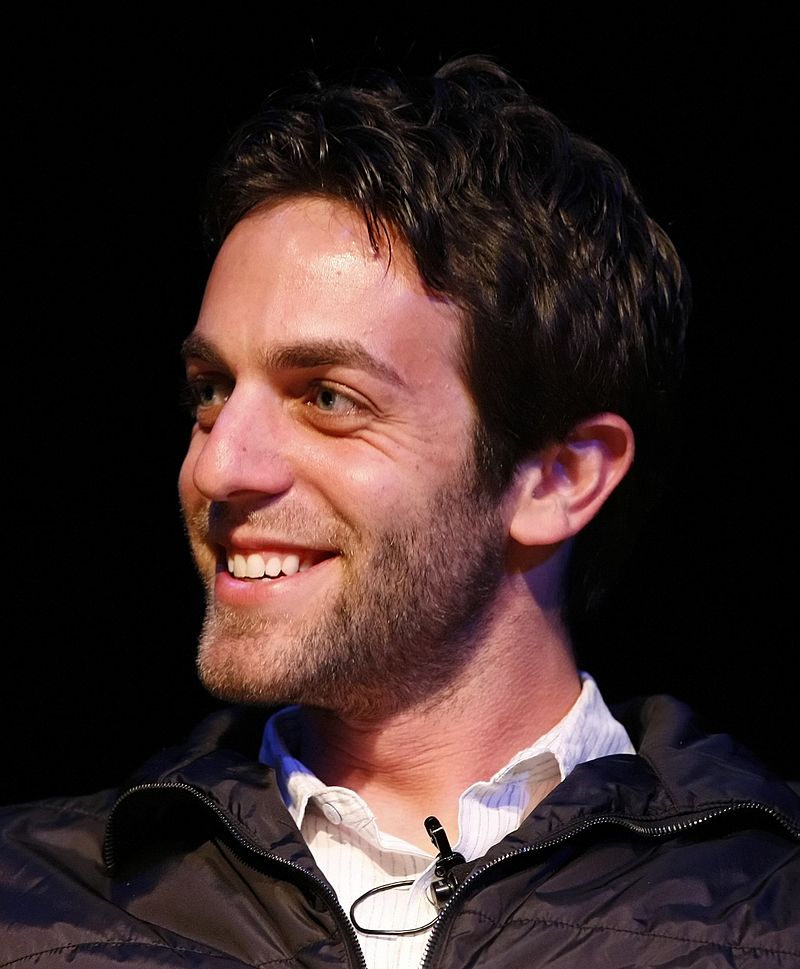 author
authorDiscover the Best Books Written by Ralph Ellison
Ralph Ellison was an American writer, literary critic, and scholar best known for his novel Invisible Man, which won the National Book Award in 1953. He also wrote Shadow and Act (1964), a collection of political, social, and critical essays, and Going to the Territory (1986). The New York Times dubbed him "among the gods of America's literary Parnassus." A posthumous novel, Juneteenth, was published after being assembled from voluminous notes he left upon his death.
Ralph Waldo Ellison, named after Ralph Waldo Emerson, was born at 407 NE 1st Street in Oklahoma City, Oklahoma, to Lewis Alfred Ellison and Ida Millsap, on March 1, 1913. Oklahoma City's 407 East First Street buzzed with excitement as Ida Ellison, whom close friends called “Brownie,” neared term in early 1913. She and her husband, Lewis, lived in an apartment in a large rooming house owned by J. D. Randolph and his family.
He was the second of three sons; firstborn Alfred died in infancy, and younger brother Herbert Maurice (or Millsap) was born in 1916. Lewis Alfred Ellison, a small-business owner, and a construction foreman died in 1916 after an operation to cure internal wounds suffered after shards from a 100-lb ice block penetrated his abdomen when it was dropped while being loaded into a hopper. The elder Ellison loved literature and doted on his children. Ralph later discovered, as an adult, that his father had hoped he would grow up to be a poet.
In 1921, Ellison's mother and her children moved to Gary, Indiana, where she had a brother. According to Ellison, his mother felt that "my brother and I would have a better chance of reaching manhood if we grew up in the north." When she did not find a job and her brother lost him, the family returned to Oklahoma, where Ellison worked as a busboy, a shoeshine boy, a hotel waiter, and a dentist's assistant. From the father of a neighborhood friend, he received free lessons for playing trumpet and alto saxophone and would go on to become the school bandmaster.
Ida remarried three times after Lewis died. However, family life was precarious, and Ralph worked various jobs during his youth and teens to assist with family support. While attending Douglass High School, he also found time to play on the school's football team. He graduated from high school in 1931. He worked for a year and found the money to make a down payment on a trumpet, using it to play with local musicians and to take further music lessons. At Douglass, he was influenced by principal Inman E. Page and his daughter, music teacher Zelia N. Breaux.
Ellison applied twice for admission to Tuskegee Institute, the prestigious all-black university in Alabama founded by Booker T. Washington. He was finally admitted in 1933 for lack of a trumpet player in its orchestra. Ellison hopped freight trains to get to Alabama and was soon to find out that the institution was no less class-conscious than white institutions generally were.
Ellison's outsider position at Tuskegee "sharpened his satirical lens," critic Hilton Als believes: "Standing apart from the university's air of sanctimonious Negritude enabled him to write about it." In passages of Invisible Man, "he looks back with scorn and despair on the sniveling ethos that ruled at Tuskegee."
Tuskegee's music department was perhaps the most renowned department at the school, headed by composer William L. Dawson. Ellison also was guided by the department's piano instructor, Hazel Harrison. While he studied music primarily in his classes, he spent his free time in the library with modernist classics. He cited reading T. S. Eliot's The Waste Land as a major awakening moment. In 1934, he began to work as a desk clerk at the university library, where he read James Joyce and Gertrude Stein. Librarian Walter Bowie Williams enthusiastically let Ellison share his knowledge.
A major influence upon Ellison was English teacher Morteza Drezel Sprague, to whom Ellison later dedicated his essay collection Shadow and Act. He opened Ellison's eyes to "the possibilities of literature as a living art" and to "the glamour he would always associate with the literary life." Through Sprague, Ellison became familiar with Fyodor Dostoevsky's Crime and Punishment and Thomas Hardy's Jude the Obscure, identifying with the "brilliant, tortured anti-heroes" of those works.
As a child, Ellison evidenced what would become a lifelong interest in audio technology, starting by taking apart and rebuilding radios and later moving on to constructing and customizing elaborate hi-fi stereo systems as an adult. He discussed this passion in a December 1955 essay, "Living With Music," in High Fidelity magazine. Ellison scholar John S. Wright contends that this deftness with the ins and outs of electronic devices went on to inform Ellison's approach to writing and the novel form. Ellison remained at Tuskegee until 1936 and decided to leave before completing the requirements for a degree.
Best author’s book





















